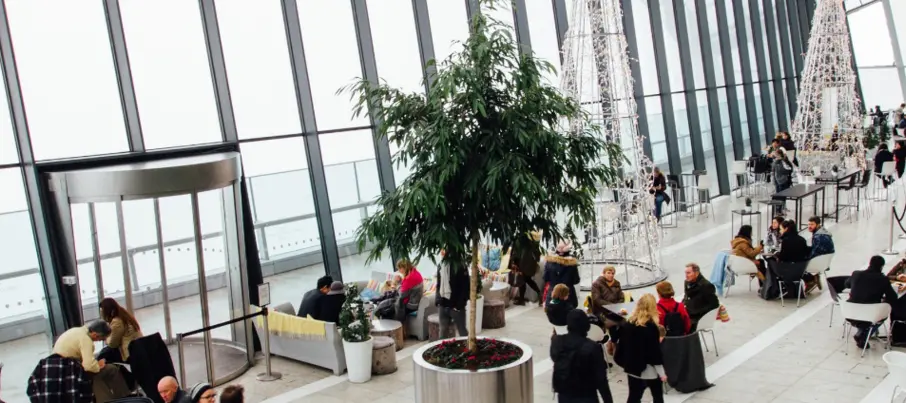Blogs Navigation
Sustainable BusinessRecent posts

Addressing gender-based violence from the private sector: the experience of Laboratorios Bagó
Francisco Méndez, CEO of the pharmaceutical company, shares his company's efforts and achievements in fostering an inclusive and safe work environment.

How Responsible Investments Can Empower Young Women and Girls in Miches While Boosting Tourism
In partnership with Fundación Tropicalia, IDB Invest fosters a more inclusive and sustainable growth path in the Dominican Republic by focusing on their untapped potential.
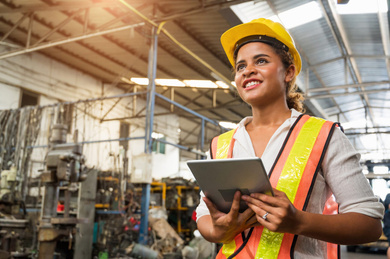
A Few Very Good Reasons to Protect the Integrity of Gender Bonds
Latin America and the Caribbean has become a leading region in gender bond issuance aimed at bolstering women’s empowerment. These instruments offer a promising capital market solution to mobilize funds towards projects that help accelerate parity.
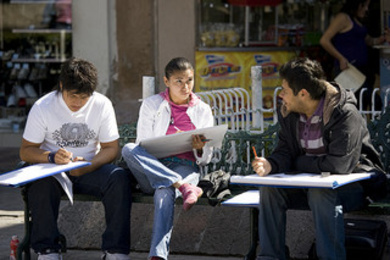
Impact Investing: Defining 2014’s #1 Development Buzzword
* By the IDB's Partnership Office Is impact investing just another development buzzword? A passing fad? We believe it is not, and that it is an innovative approach to development financing that is here to stay.
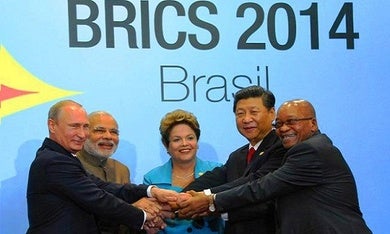
World looks to BRICS for sustainable business solutions
Multilaterals can provide sustainable business solutions – the recent BRICS summit highlighted how. Two weeks ago, the leaders of the five BRICS emerging nations –– Brazil, Russia, India, China and South Africa–– met in Fortaleza, Brazil for the 6th BRICS Summit. A $100 million development bank and a currency reserve pool were launched among the nations, a long-waited initiative since talks first began five years ago. This is no small feat. The five nations together account for half of the global population and 20 percent of the world’s GDP. Moreover, in the last ten years the economic outputs of these emerging nations have quadrupled . Although economic growth often translates into better living standards and opportunities for citizens, it is often coupled with key economic, social and environmental challenges –– especially in rapidly growing emerging economies.
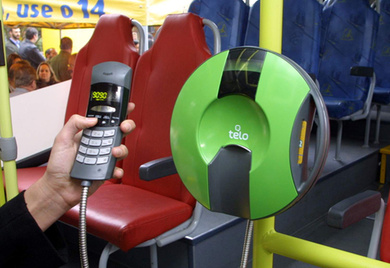
Two cents from an entrepreneur: how development institutions can help scale up base of the pyramid models
* By Andre Averbug Most discussions about scaling up base of the pyramid (BOP) models focus on financing the companies themselves, yet there are other ways development finance institutions (DFIs )could support BOP ventures.
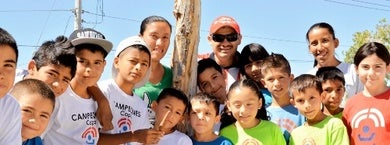
Abandoned houses prove golden opportunity: An interview with Antonio Díaz, Founder and CEO of Provive
Miriam, 43, lives in Cañadas del Florido, a low-income neighborhood in Tijuana, Baja California, the northernmost state of Mexico. Three years ago, on any given day, Miriam and her three children would watch criminals, drug addicts, and vagrants frequent the empty house next-door. Their streets were littered with garbage and dead animals. This is not an uncommon situation in the Mexican neighborhoods, or fraccionamientos, where more than seven million houses were built by developers with mortgages from the government in the last decade. Thanks to Provive, Miriam’s life has since changed.
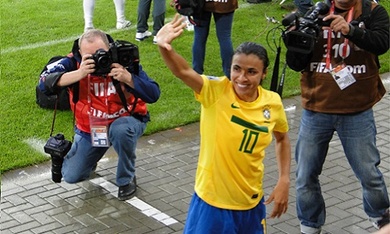
Soccer and women: not just something men talk about
Well done Germany! The German national football team is the winner of the FIFA 2014 World Cup that ended Sunday at the Maracanã stadium in Rio de Janeiro. The next time a men’s soccer team holds the FIFA World Cup trophy will be four years from now in Russia. As Die Nationalmannschaft were congratulated by two female heads of state; Brazil’s Dilma Rousseff and Germany’s Angela Merkel, another important event came to mind: the FIFA 2015 Women’s World Cup in Canada
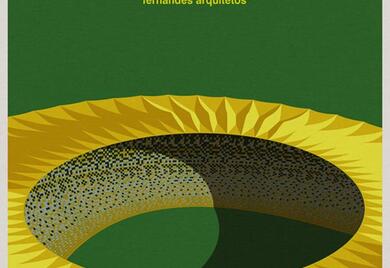
Germany wins 2014 World Cup in energy efficient stadium
While the football battle of the continents continues, 50 percent of this headline will be true no matter how many goals die Mannschaft scores against los Albiceleste this Sunday. The energy efficiency part that is. Maracanã, South America’s largest stadium and the host of the final world cup game, is making history again 60 years after its completion. The US green building council announced recently that the iconic building, among four other world cup stadiums in Brazil, achieved LEED certification due to several design upgrades that result in lower resource consumption.


